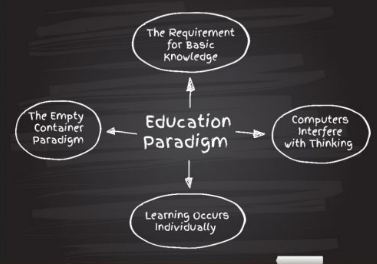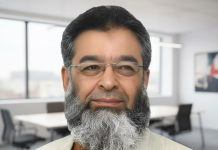By: Durre Maknoon
In Pakistan, a traditionally conservative society, there has been a remarkable surge in the visibility and activism of the queer movement in recent years. Research indicates a growing acceptance and recognition of LGBTQ+ identities, particularly among younger generations, challenging traditional taboos and fostering spaces for LGBTQ+ visibility and activism. Digital platforms and social media have emerged as powerful tools for LGBTQ+ activism and community-building in Pakistan. Online forums, blogs, and social networking sites provide avenues for individuals to connect, share experiences, and organize events, contributing to the visibility and mobilization of the queer movement.Although specific statistical data on LGBTQ+ gatherings and events in Pakistan is limited due to the clandestine nature of such activities, broader research sheds light on the challenges and opportunities facing the LGBTQ+ community in the country
Historically, single-gender schools have been prevalent in Pakistan, aiming to provide a focused learning environment. However, this educational model perpetuates gender segregation and reinforces traditional gender roles, limiting opportunities for social interaction and understanding.According to recent surveys, there is growing recognition of the drawbacks of single-gender schools. Many educators and parents advocate for co-educational settings, emphasizing the importance of fostering inclusive environments that reflect real-world diversity and promote gender equality.Ahmed, a young LGBTQ+ activist, shares his experience navigating a traditional single-gender school environment. “Growing up in an all-boys school, I struggled to express my identity and faced bullying and discrimination. Education should empower us to embrace diversity, not reinforce stereotypes.”
While legal recognition and protection of LGBTQ+ rights remain limited in Pakistan.According to, Section 377: Pakistan’s Penal Code criminalizes “carnal intercourse against the order of nature,” which is often interpreted to criminalize same-sex relationship and Recent court rulings and advocacy efforts have raised awareness and sparked dialogue on issues such as discrimination, violence, and access to healthcare faced by LGBTQ+ individuals.
On the other hand while Pakistan officially recognizes a third gender category on official documents, providing some legal recognition for transgender individuals due to some Legal Loopholes , some individuals may falsely claim transgender identities as a legal workaround to engage in same-sex relationships without facing legal consequences. These cases highlight the legal and societal challenges faced by LGBTQ+ individuals in contexts where their identities are not recognized or protected.
There have been instances of LGBTQ+ individuals organizing underground parties and events in major cities like Karachi and Lahore, despite the prevailing societal taboos and legal restrictions they’re held discreetly but you can find updates on them on LGBTQ+ advocacy organizations and support groups in Pakistan, such as Queer Pakistan and Naz Male Health Alliance, which may publish articles or updates about community events and gatherings.Moreover International human rights organizations like Human Rights Watch and Amnesty International often report on LGBTQ+ rights issues globally, including instances of discrimination, persecution, and activism in Pakistan. there have been instances of LGBTQ+ individuals organizing underground parties and events in major cities like Karachi and Lahore, despite the prevailing societal taboos and legal restrictions.
For many families , the top priority nowadays is protecting their kids from influences that might be at conflict with our moral, religious and cultural norms. Building a solid foundation of faith and values in the family is important to protect our children from the LGBTQ+ movement. Parents should emphasise the value of moral principles and traditional values in their open and age-appropriate conversations about their beliefs. Children can be guided in the development of a solid, value-based worldview by keeping an eye on their media intake and educational content, as well as by being encouraged to participate in community and religious activities that uphold family values.

















